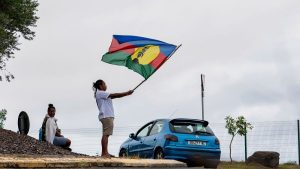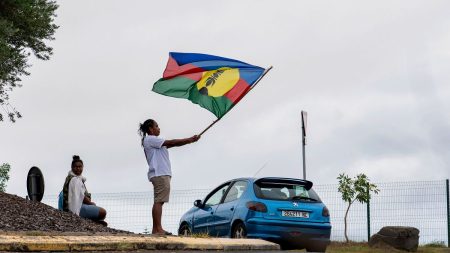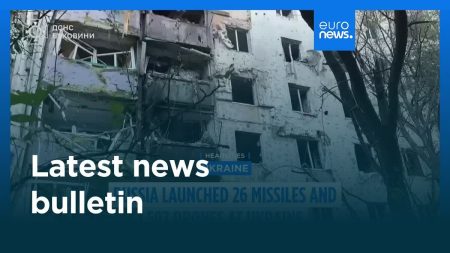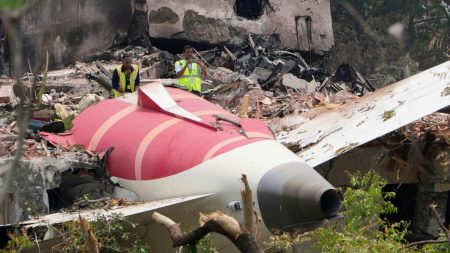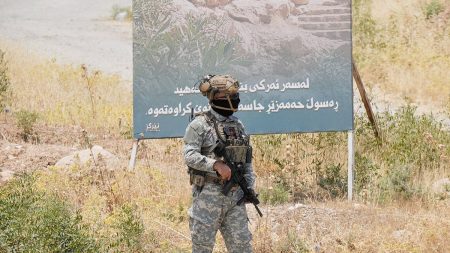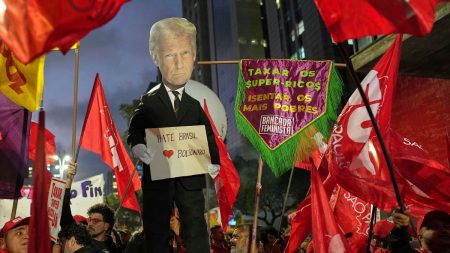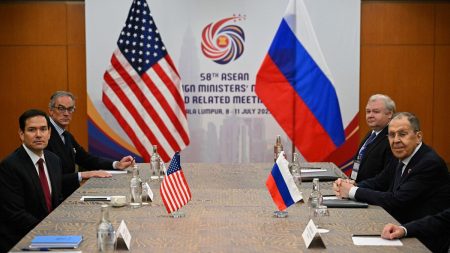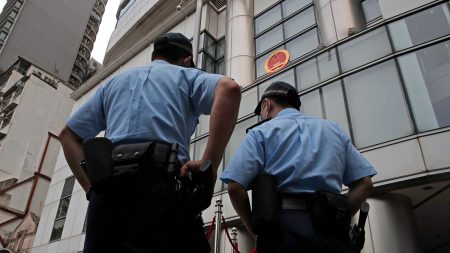On October 29, Prime Minister Pedro Sánchez addressed Congress to defend the government’s response to the catastrophic flooding caused by Storm DANA, which resulted in over 220 fatalities, primarily in the Valencian Community. In light of criticism from the opposition Popular Party (PP), Sánchez announced a third aid package, consisting of 60 measures aimed at facilitating recovery and restoring normalcy for those affected by the disaster. This latest package follows two previous aid packages approved on November 5 and November 11, bringing the total state assistance to more than €16.6 billion. Emphasizing the government’s commitment to aiding disaster victims, Sánchez underscored the significance of the new measures, including tax exemptions and social security adjustments, valued at €2.274 billion.
In his defense, Sánchez asserted that the government had not failed in its responsibilities, highlighting that the meteorological warnings issued by bodies such as the state meteorological agency Aemet and the Júcar River Basin Authority were critical in the aftermath of the flooding. He contended that the established systems had effectively handled previous disasters and insisted that the shortcomings lay with those who had not responded appropriately, particularly the regional government of Valencia led by Carlos Mazón from the opposition Popular Party. He reiterated that the system had worked, and his government had taken the necessary steps in response to the crisis.
Amidst the exchange of blame, the demand for a parliamentary commission of inquiry into the events surrounding the storm was raised. While Sánchez expressed openness to such an investigation and pledged a comprehensive report to clarify the situation, the leader of the Popular Party, Alberto Núñez Feijóo, accused the government of inaction, saying they still had their “arms crossed” and lamenting the absence of a national emergency declaration. This critique highlighted a perceived lack of urgency and humility in the government’s response, with Feijóo pointing out that it took until 11 PM for the government to react effectively to the calamity.
In stark contrast, Vox leader Santiago Abascal condemned the government’s management, claiming that those affected were left to fend for themselves amid flooding and power outages. He portrayed a grim picture, emphasizing the feelings of fear and helplessness among the victims who awaited assistance that never arrived. Such comments reflect the deepening political divisions as parties exchanged harsh critiques over the management of the disaster and its aftermath.
Furthermore, the spokesperson for the Plurinational Group of Sumar, Verónica Martínez Barbero, sought to counter the narrative pushed by the PP and Vox, accusing them of disseminating “hoaxes” on social media regarding the government’s response. This accusation reflects a broader trend in the political landscape, where responses to crises often become battlegrounds for misinformation and partisanship. The tensions between the parties illustrate not only the immediate concerns for flood victims but also the long-term implications for Spanish politics, as each party attempts to position itself favorably in a time of crisis.
The events surrounding Storm DANA serve as a lens through which to examine the complexities of government response, accountability, and the interplay of political narratives in the wake of national tragedies. As the situation continues to unfold, the proposed inquiry and the ongoing backlash against the government’s actions will likely shape public perception and policy discussions for the foreseeable future. The challenge remains for the government to not only provide timely assistance but also to effectively communicate its actions and reinforce public trust amidst ongoing scrutiny.
